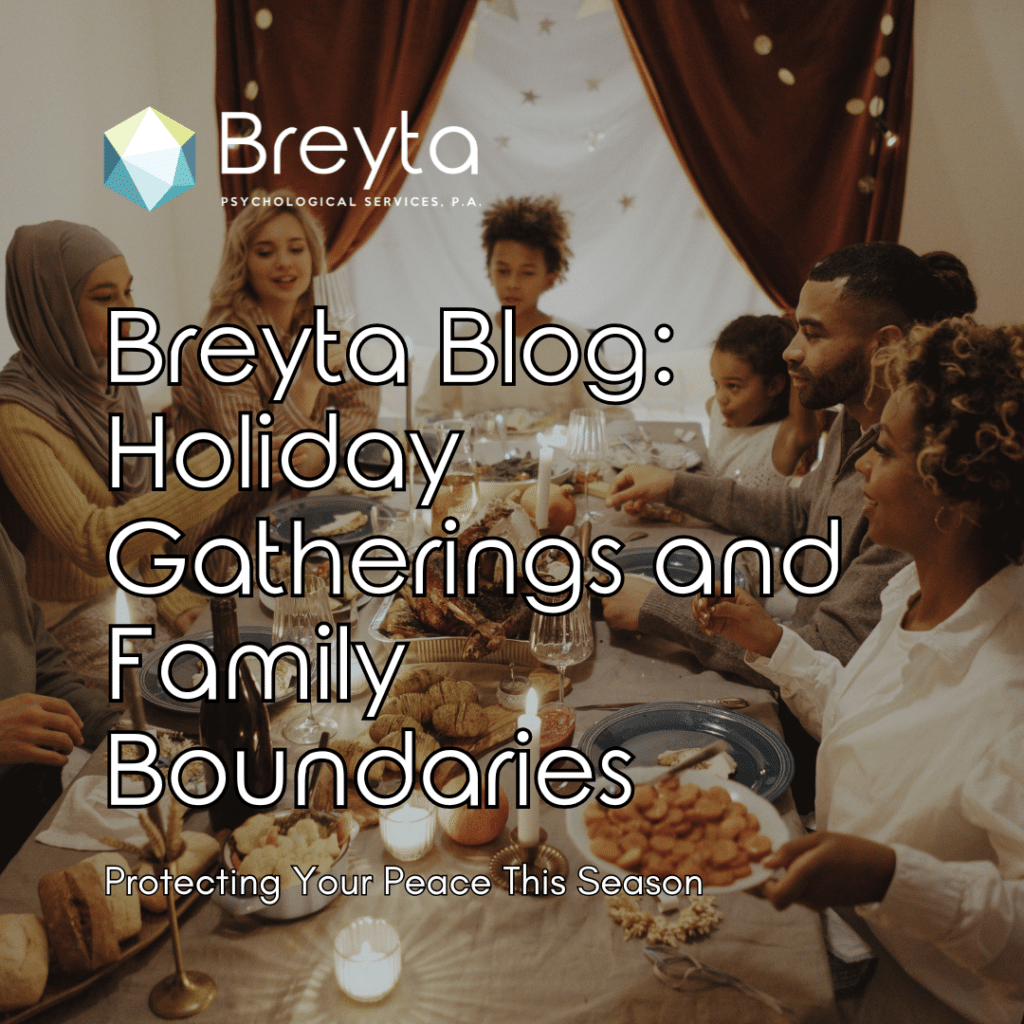Emotional regulation refers to your ability to manage your own feelings healthily. It’s the difference between having a calm disagreement with someone who sees things differently or getting into a heated argument. When you can regulate your emotions, you can handle tumultuous times with relative ease; but when your emotions feel out of control, you may handle situations less well.
While you may not be able to control others or even your initial reaction to them, you can learn how to take responsibility for your reactions. Learning to deal effectively with your emotional responses is very empowering. When you learn that there are proactive, concrete steps you can take to help yourself through difficult emotions, coping with them feels less scary.
So let’s explore what emotional regulation really entails and why it’s so crucial for your overall wellbeing.
Handling Minor Stressors
Every day, you probably deal with minor stressors. For example, maybe you get stuck in traffic on your way to work, or perhaps someone has to reschedule an important meeting with you. You might even discover that something in your home is broken and needs to be repaired.
Whatever the case, all of these incidents could throw you off emotionally. But by practicing emotional regulation, you can take a deep breath and handle each situation without feeling too stressed. Plus, you’ll be able to conduct yourself without taking out your frustrations on anyone else.
Resilience to Chronic Stress
Some stressors don’t disappear easily, and you could find yourself dealing with chronic stress. This is more challenging than handling minor stressors because it’s an ongoing challenge. However, if you improve your emotional regulation skills, you can learn to let go of negative thoughts and stop ruminating on worst-case scenarios.
While emotional regulation can’t be completely free you from the sources of chronic stress in your life, it can give these problems less power over your emotional state.
Better Impulse Control
When you’re run by your impulses, it’s easy to lose sight of what really matters. For example, you might say something that you regret in the heat of a moment. You might also attempt something dangerous in response to the pressure you feel from others.
It’s even possible to procrastinate on important tasks because you want to do something else that would be more fun or relaxing, but this only causes your work to pile up. Emotional regulation also involves impulse control. You can restrain yourself from making the easiest and most pleasurable choices in favor of making healthier choices.
Healthier Communication
A lack of emotional regulation makes it difficult to communicate clearly and calmly. It can be hard to share opposing perspectives with someone who doesn’t make an effort to regulate their emotions. And if you want to come to a compromise with someone, you need to keep your own emotions in check during the conversation; otherwise, they might feel offended or uninterested in what you have to say.
But emotional regulation creates the foundation for healthy conversations, even around tough topics. When you can keep your own emotions under control, rather than losing your temper, you can mend relationship issues and build happier, long-lasting connections with the people in your life.
Flexibility and Adaptability
When your plans go awry, do you ever feel like your entire day, week, or month is ruined? Emotional regulation can help you change this mindset. By regulating your emotions, acknowledging why you’re upset, and then releasing this tension to shift your focus on solving the problem, you can make the best of a bad situation.
Becoming more flexible and adaptable also works wonders for your mental health. Basically, when you learn to go with the flow, you can find happiness even in the midst of situations that didn’t go as planned!





